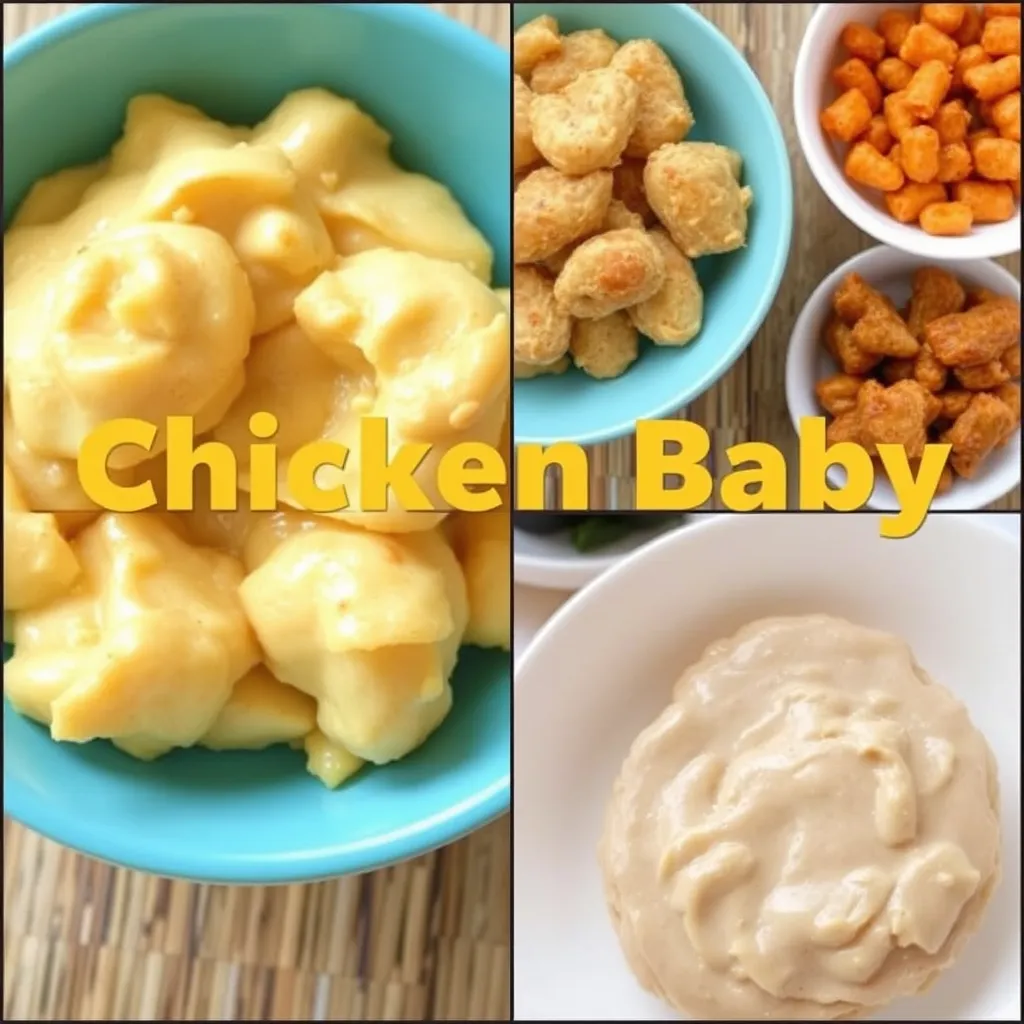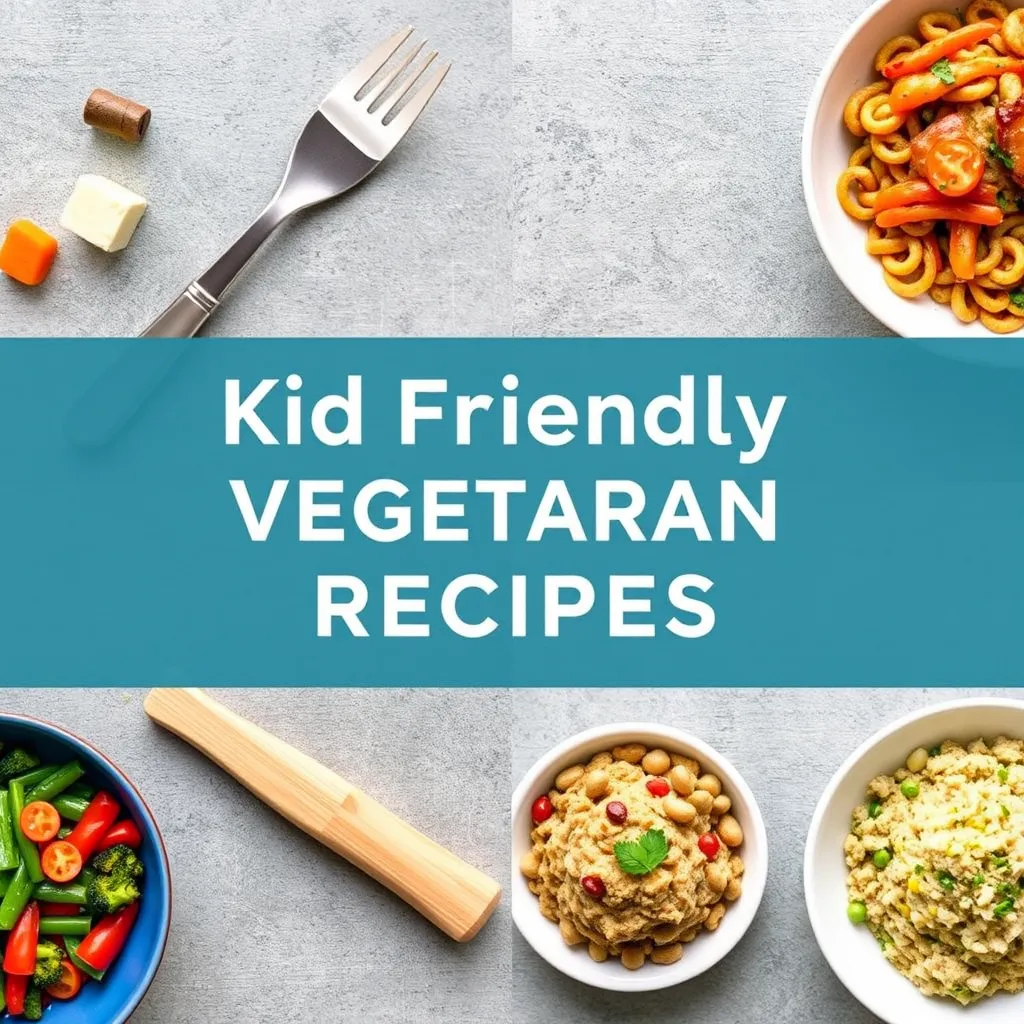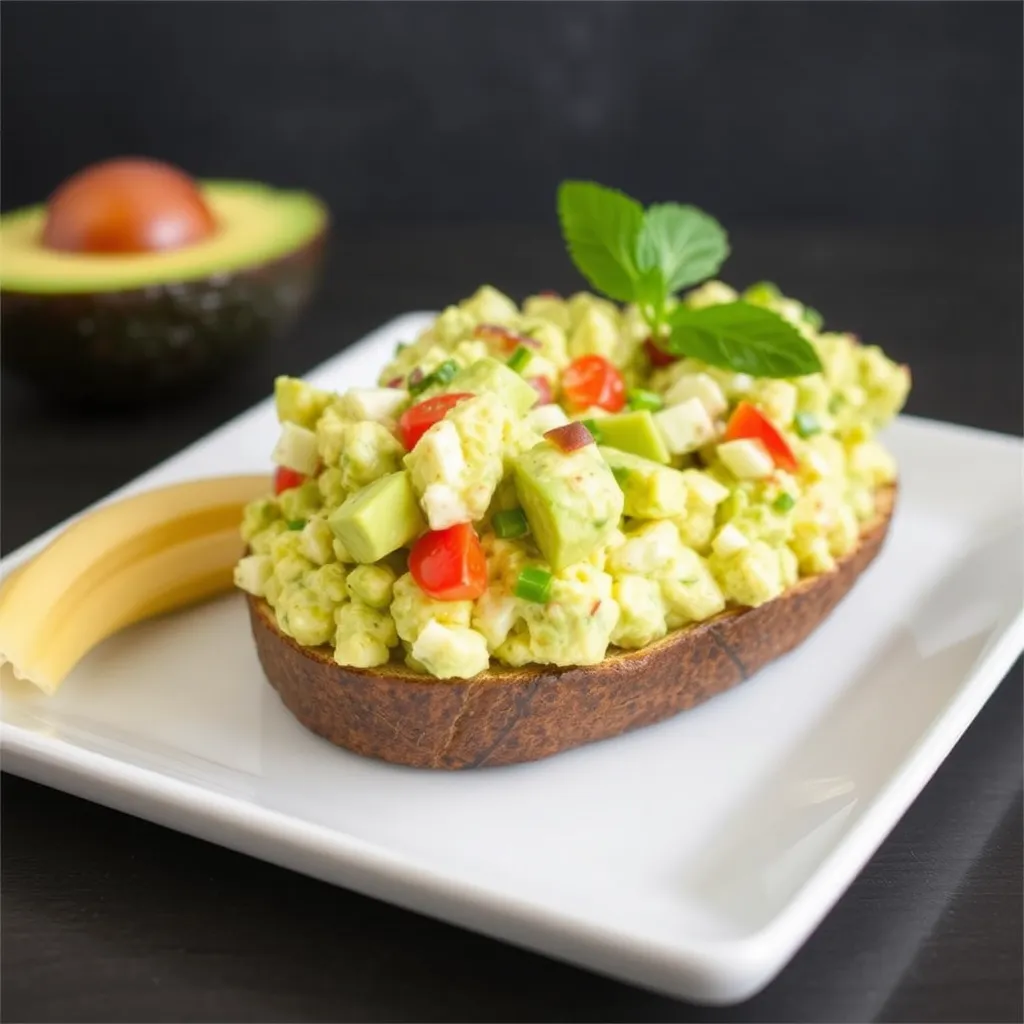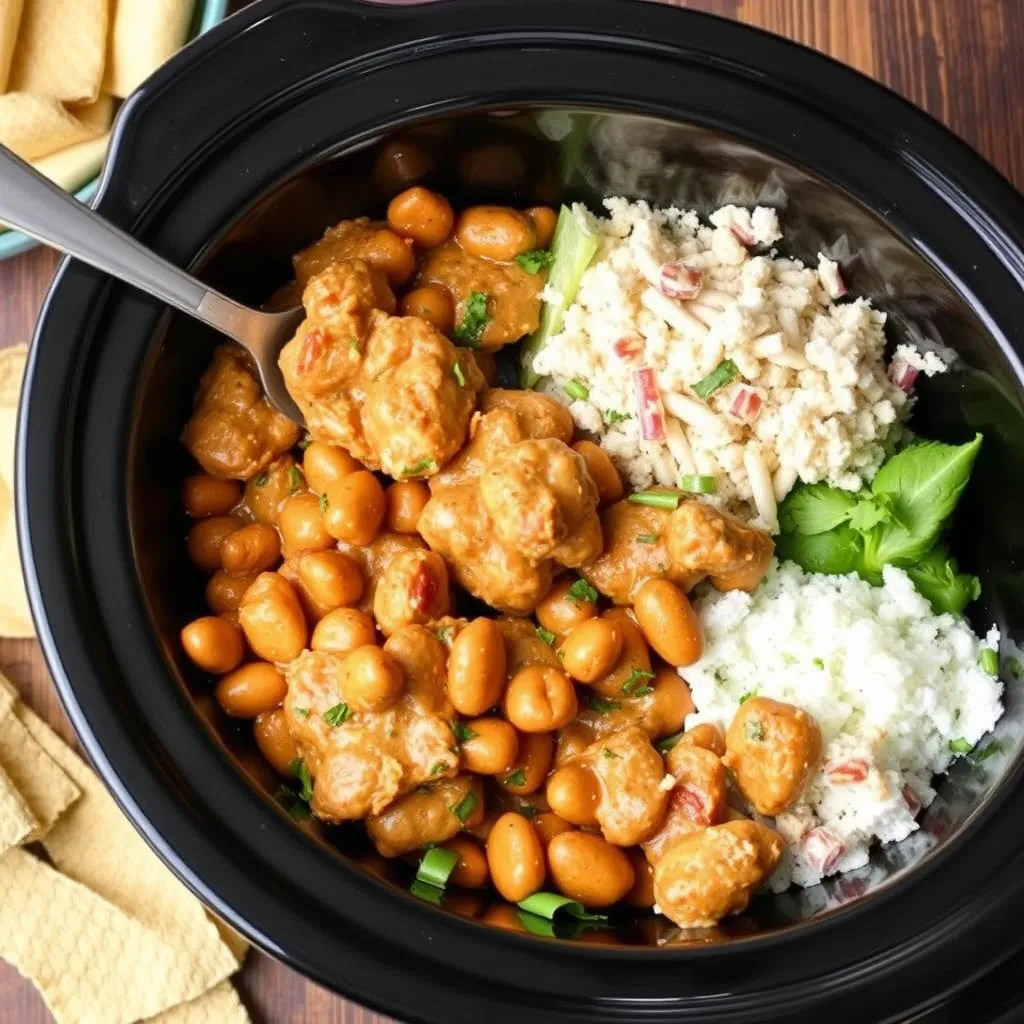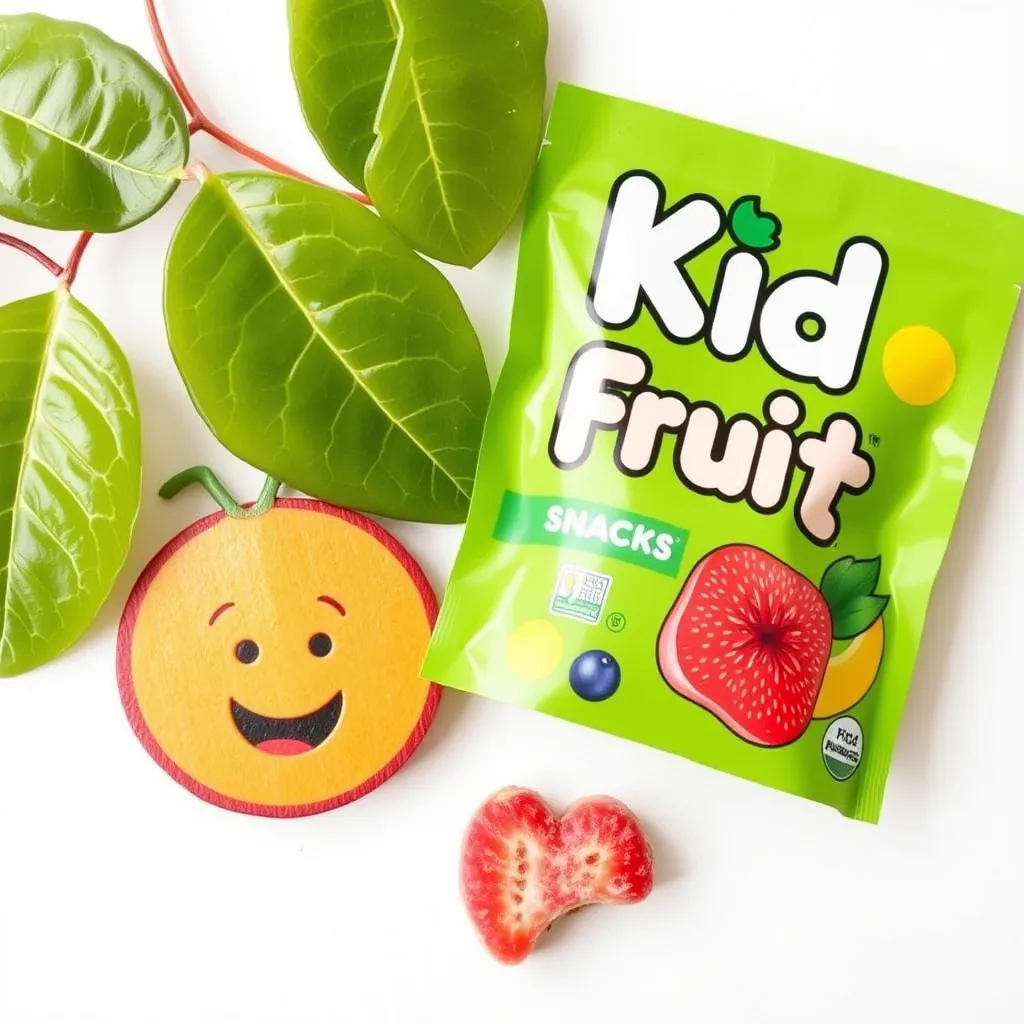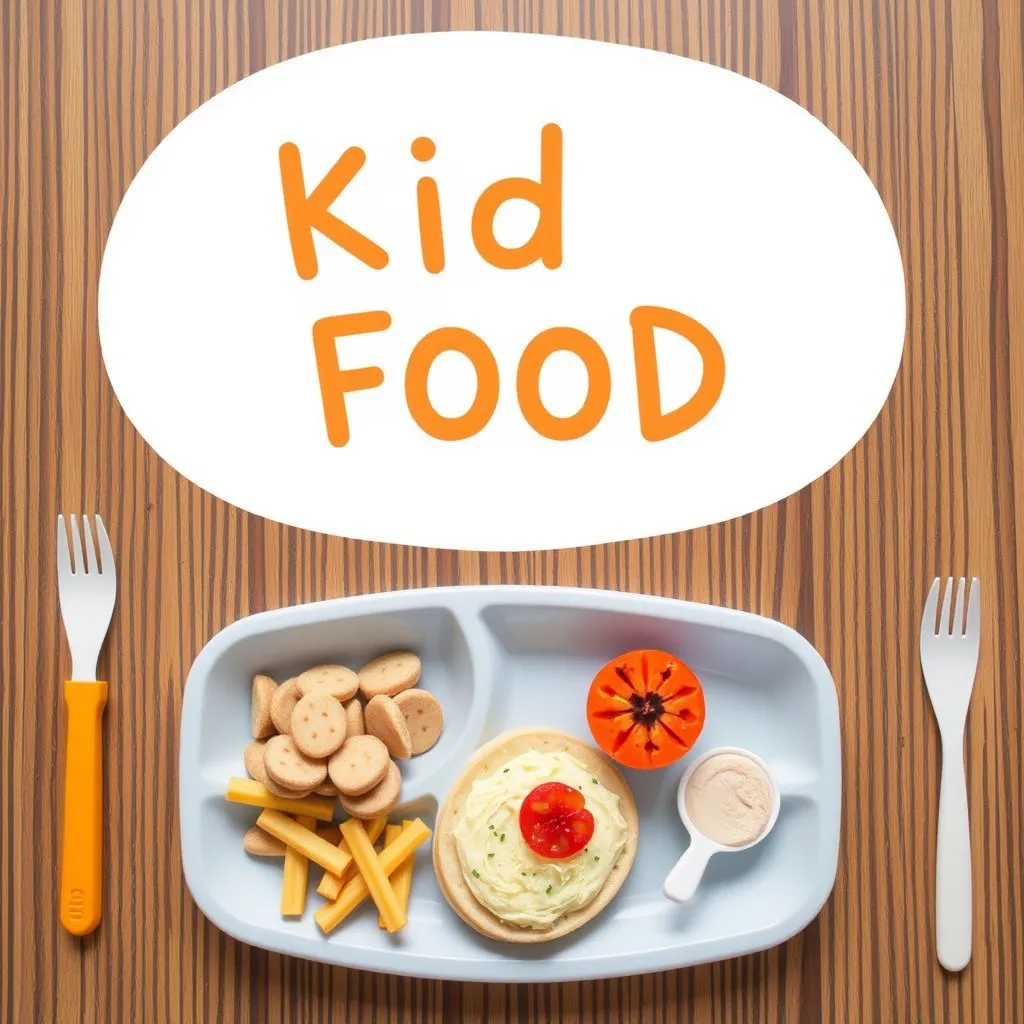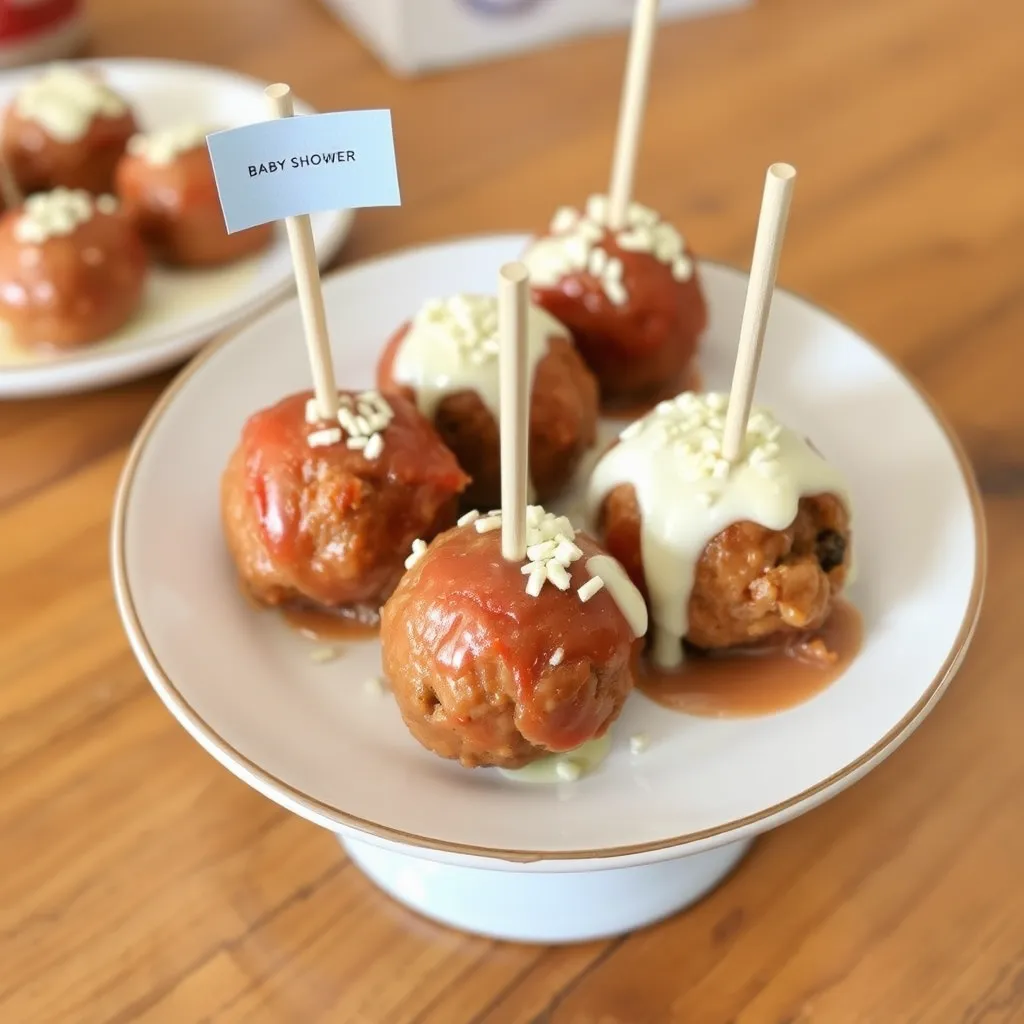As parents, we’re always looking for nutritious options to fuel our little ones’ growth. Chicken baby food emerges as an excellent protein source, packed with essential nutrients for your baby’s development. This comprehensive guide will walk you through everything you need to know about introducing chicken to your baby’s diet, from purees to more advanced recipes.
Table of Contents
| Key Takeaways |
|---|
| – Introduce chicken to babies around 6 months old – Start with pureed chicken and gradually increase texture – Combine chicken with fruits and vegetables for balanced nutrition – Always consult your pediatrician before introducing new foods – Cook chicken thoroughly and avoid added salt or seasonings |
When Can Babies Start Eating Chicken?
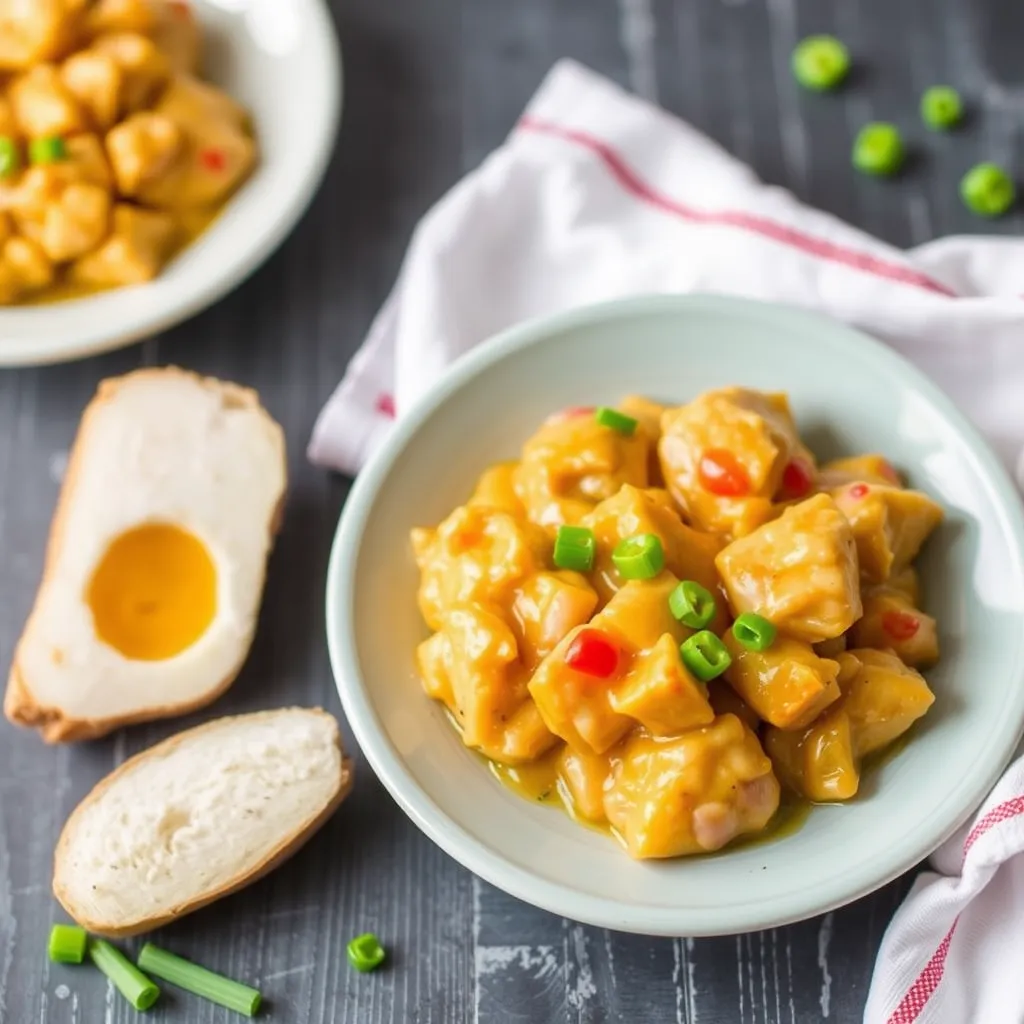
Most pediatricians recommend introducing solid foods, including chicken, around 6 months of age. However, every baby is different, so it’s crucial to consult with your healthcare provider before making dietary changes.
10 Delicious Baby Pancake Recipes
Benefits of Chicken for Babies
- High-quality protein for growth and development
- Rich in iron to prevent anemia
- Contains zinc for immune system support
- Source of B vitamins for energy metabolism
How to Prepare Chicken for Baby Food
- Choose the right cut: Opt for skinless, boneless chicken breast or thighs.
- Cook thoroughly: Ensure the internal temperature reaches 165°F (74°C).
- Puree or mince: Blend cooked chicken with breast milk, formula, or water for younger babies.
- Adjust texture: Gradually increase chunkiness as your baby grows.
Chicken Puree Combinations for Baby
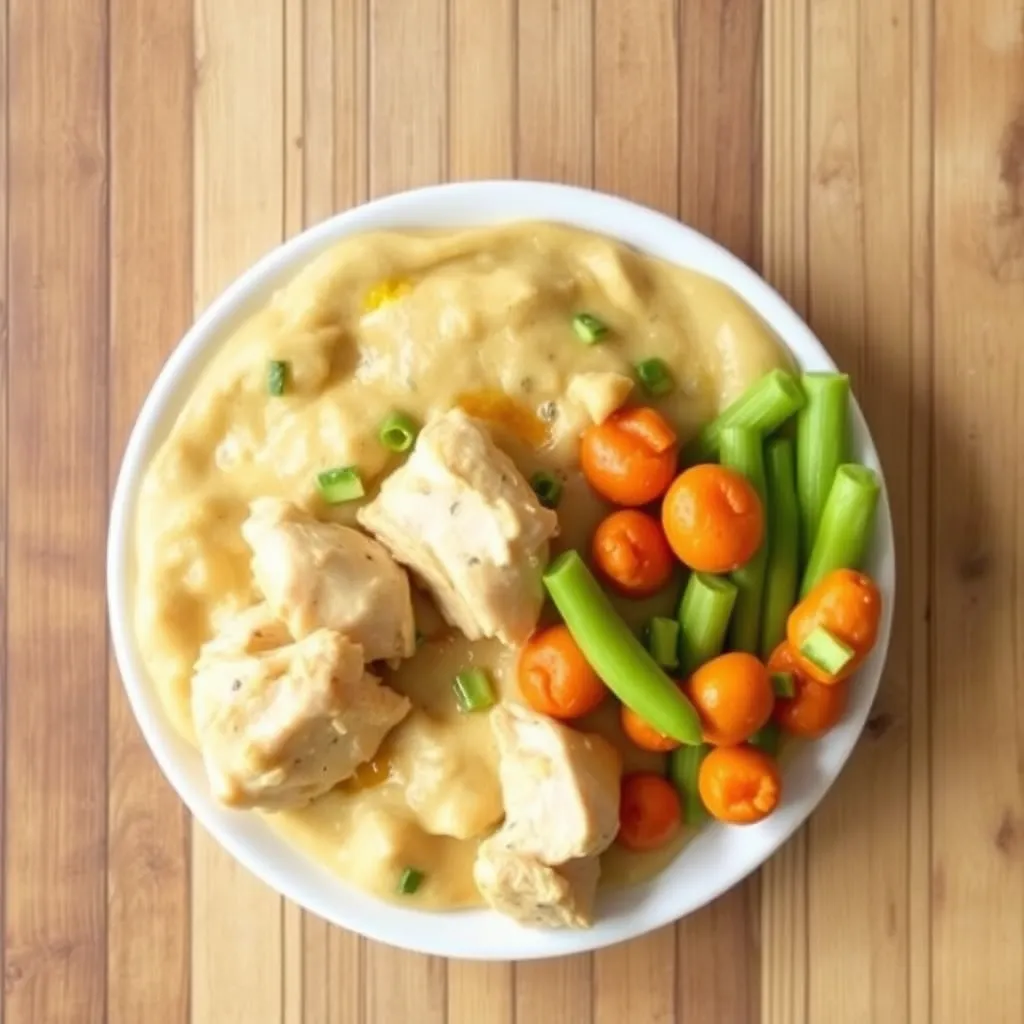
Mixing chicken with fruits and vegetables can create balanced, flavorful meals. Here are some popular combinations:
- Chicken and sweet potato
- Chicken and apple
- Chicken and pear
- Chicken and carrot
- Chicken and avocado
19 Delicious and Easy Baby Food Recipes A Complete Guide for New Parents
Chicken Baby Food Recipes by Age
6-Month-Old Babies: Simple Chicken Puree
“Starting with single-ingredient purees helps identify potential allergies and allows babies to adjust to new flavors.”
Ingredients:
- 1/2 cup cooked, diced chicken breast
- 1/4 cup breast milk, formula, or water
Instructions:
- Blend cooked chicken with liquid until smooth.
- Strain if necessary for a finer consistency.
- Serve immediately or freeze in portions.
7-8 Month-Old Babies: Chicken and Vegetable Medley
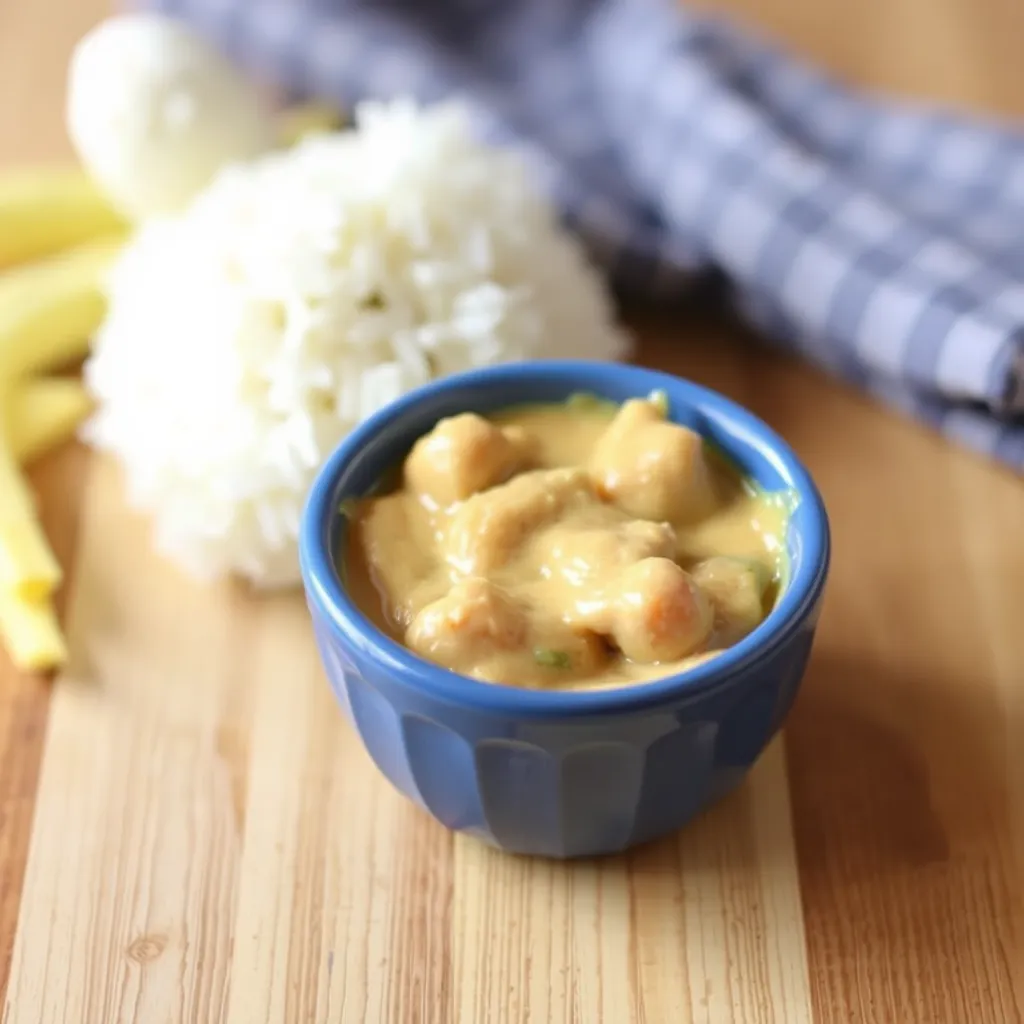
Ingredients:
- 1/2 cup cooked, diced chicken
- 1/4 cup cooked sweet potato
- 1/4 cup cooked peas
- 2-3 tablespoons breast milk, formula, or water
Instructions:
- Blend all ingredients until desired consistency is reached.
- Add more liquid if needed.
- Serve warm or at room temperature.
9-12 Month-Old Babies: Chicken and Quinoa Balls
Ingredients:
- 1 cup cooked, shredded chicken
- 1/2 cup cooked quinoa
- 1 egg, beaten
- 1/4 cup grated zucchini
Instructions:
- Mix all ingredients in a bowl.
- Form into small balls.
- Bake at 350°F (175°C) for 15-20 minutes until golden brown.
- Cool before serving.
Tips for Introducing Chicken Baby Food
- Start with small amounts (1-2 teaspoons) and gradually increase.
- Watch for signs of allergies or intolerance.
- Offer chicken at different times of day to see when your baby enjoys it most.
- Combine chicken with familiar foods to increase acceptance.
- Always supervise your baby during feeding times.
Storing and Freezing Chicken Baby Food
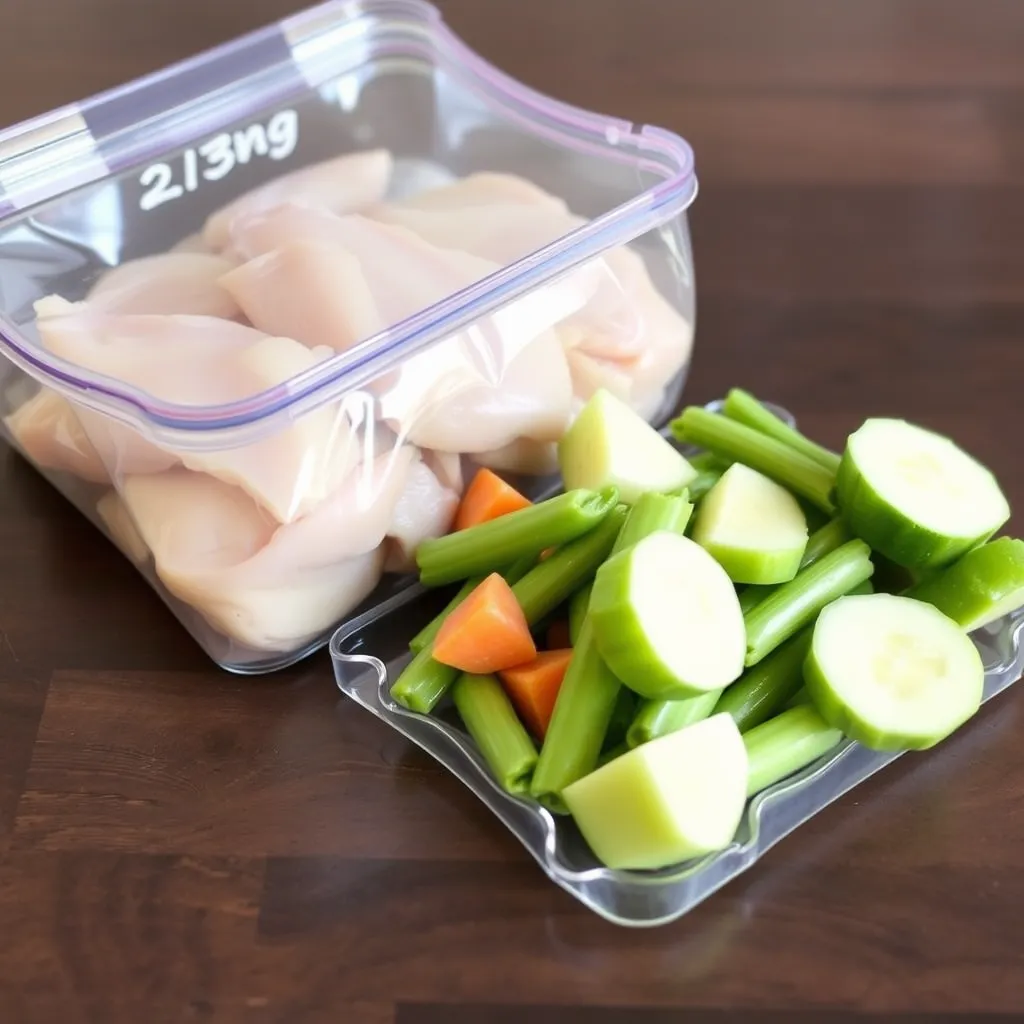
Proper storage ensures safety and convenience:
- Refrigerate cooked chicken puree for up to 48 hours.
- Freeze in ice cube trays or small containers for up to 3 months.
- Label containers with contents and date.
- Thaw frozen purees in the refrigerator overnight.
- Never refreeze thawed baby food.
FAQs About Chicken Baby Food
1. Can I season chicken for my baby?
It’s best to avoid added salt or strong seasonings for babies under 1 year. Their developing kidneys can’t process excess sodium well. Instead, rely on natural flavors from vegetables and fruits.
2. How often can I feed my baby chicken?
You can offer chicken 2-3 times a week as part of a varied diet. Always consult your pediatrician for personalized advice.
3. Is organic chicken better for baby food?
Organic chicken may have fewer pesticides and antibiotics, but both organic and conventional chicken can be safe options when prepared properly.
4. Can I use canned chicken for baby food?
Fresh or frozen chicken is preferable due to lower sodium content. If using canned, choose low-sodium varieties and rinse thoroughly before preparing.
5. How do I know if my baby is allergic to chicken?
Watch for signs like hives, vomiting, or difficulty breathing after eating chicken. If you notice any of these symptoms, stop feeding chicken and consult your pediatrician immediately.
Conclusion
Introducing chicken to your baby’s diet can be an exciting milestone. By starting with simple purees and gradually advancing to more complex recipes, you’ll help your little one develop a taste for this nutritious protein source. Remember to always prioritize food safety, consult with your pediatrician, and enjoy the journey of exploring new flavors with your baby.
For more information on baby nutrition, check out these helpful resources:
- World Health Organization: Breastfeeding
- CDC: Infant and Toddler Nutrition
- American Academy of Pediatrics: Healthy Active Living for Families
Remember, every baby is unique, and what works for one may not work for another. Trust your instincts, follow your pediatrician’s advice, and enjoy this special time of discovery with your little one!

